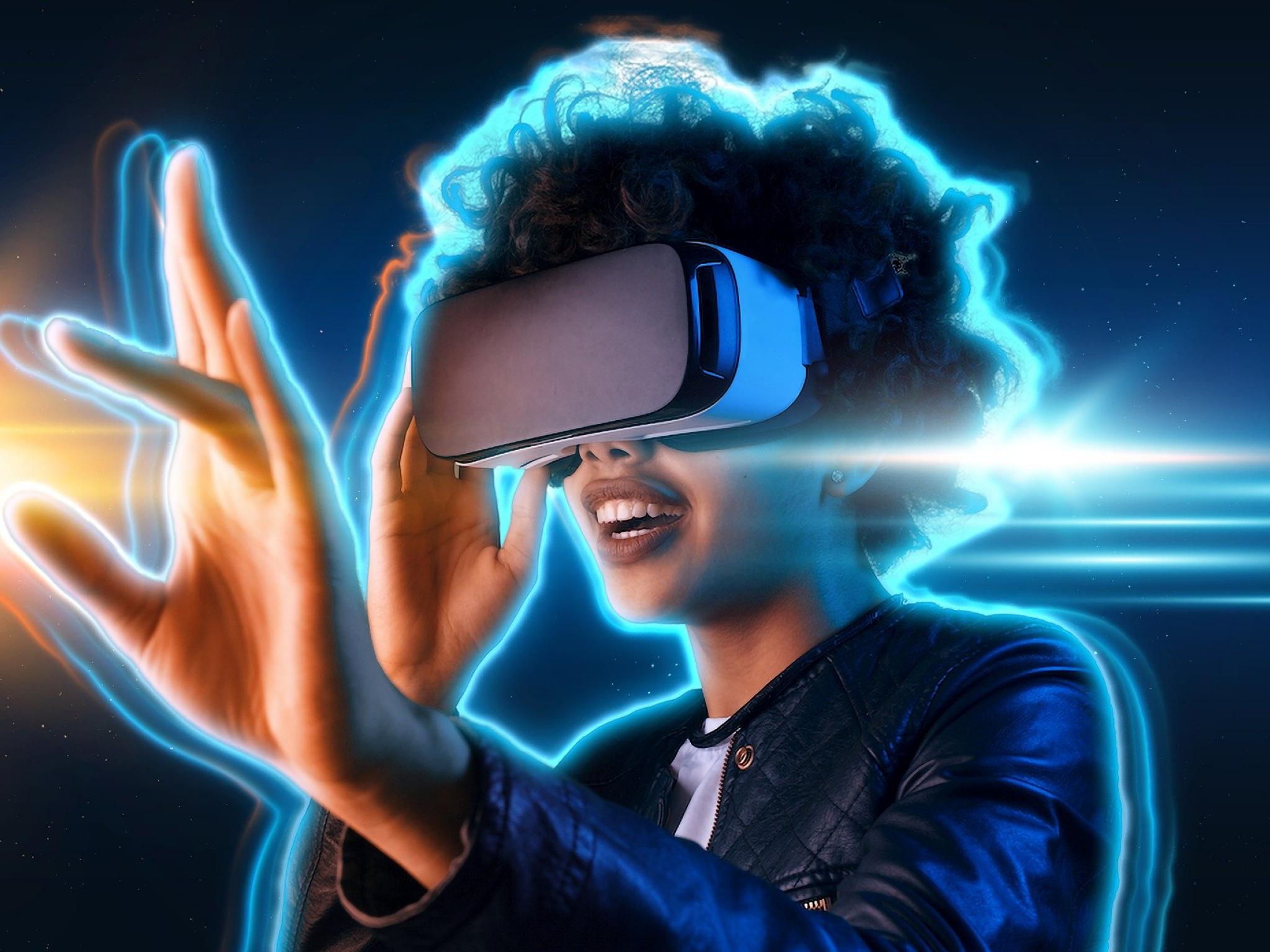
McKinsey & Company, a global consulting firm, announced that they see the metaverse growing into a $5 trillion economy by the year 2030.
What Happened: In a report released June 15 named ‘Value Creation in the Metaverse,’ McKinsey predicted the valuation. The firm provides highlights and analyses of the growth potential of the metaverse, including its rate of adoption and its influence on consumer and producer behaviors.
McKinsey’s report further stated that the $5 trillion valuation will primarily constitute between $2 trillion and $2.6 trillion from e-commerce, between $180 billion and $270 billion from virtual learning, and between $140 billion to $206 billion from advertising.
The report collected data from executives of 448 companies and 3,104 consumers from 11 countries. The consulting firm studied and deemed the metaverse to be split into five consumer activities of remote learning, e-commerce, fitness, socializing, and digital gaming.
The executives cited in the report had varying outlooks, with 31% of the respondents stating uncertainty surrounding the metaverse, 25% of the interviewed executives stating that they believe the metaverse will fuel 15% margin growth for their companies, and around 30% of executives believing the metaverse to change industrial operations.
Also Read: Medical Metaverse — Is This Company At The Forefront Of Digital-Medical Technological Advancement?
Why It's Important: The metaverse has experienced a major wave of capital inflow over the past 18 months. In 2021, $57 billion was invested into the metaverse from private equity and venture capital firms. The report further highlighted that year-to-date, the metaverse has seen $120 billion in institutional investments.
Alongside institutional interest, the metaverse has experienced large-scale brand engagement, being a popular means of marketing for companies across sectors.
The metaverse has further been strengthened on growing underlying technology, with numerous companies and institutions allocating resources to optimizing metaverse technology. Thus, as today’s younger generations are already shopping, exercising, and socializing in the metaverse, as the sector continues to grow, major industries may see themselves intertwined with the metaverse.







